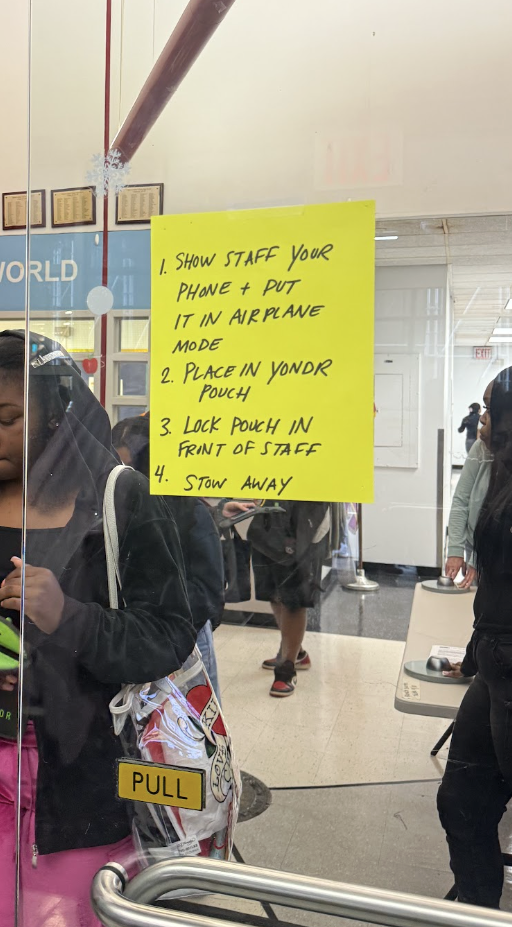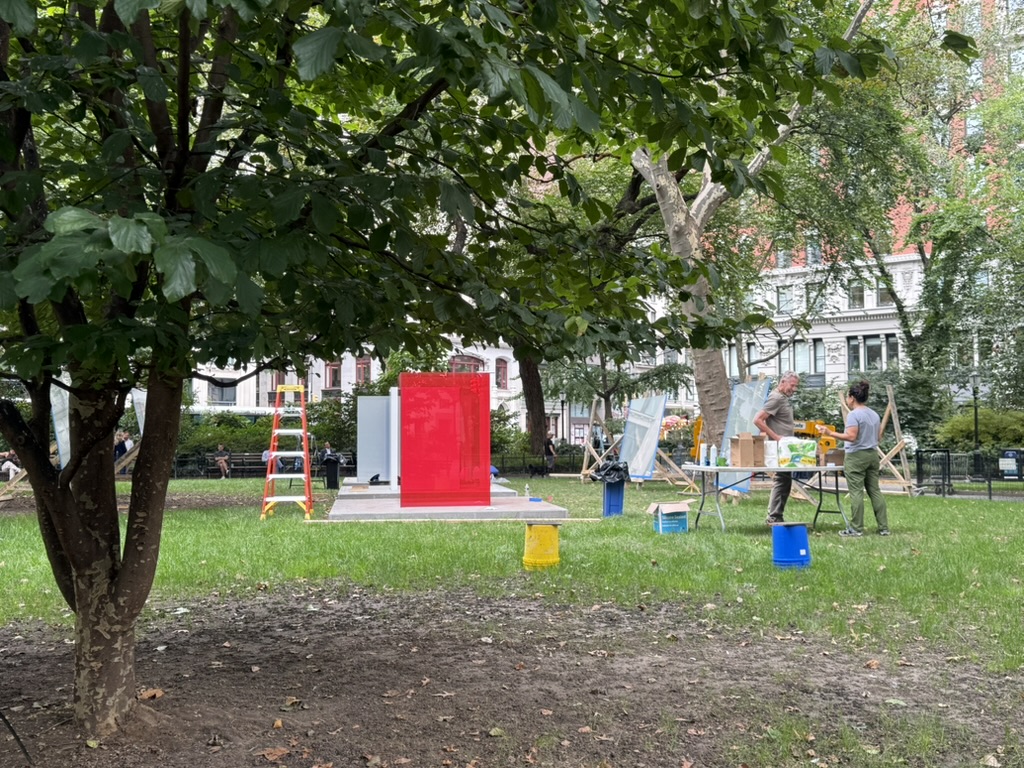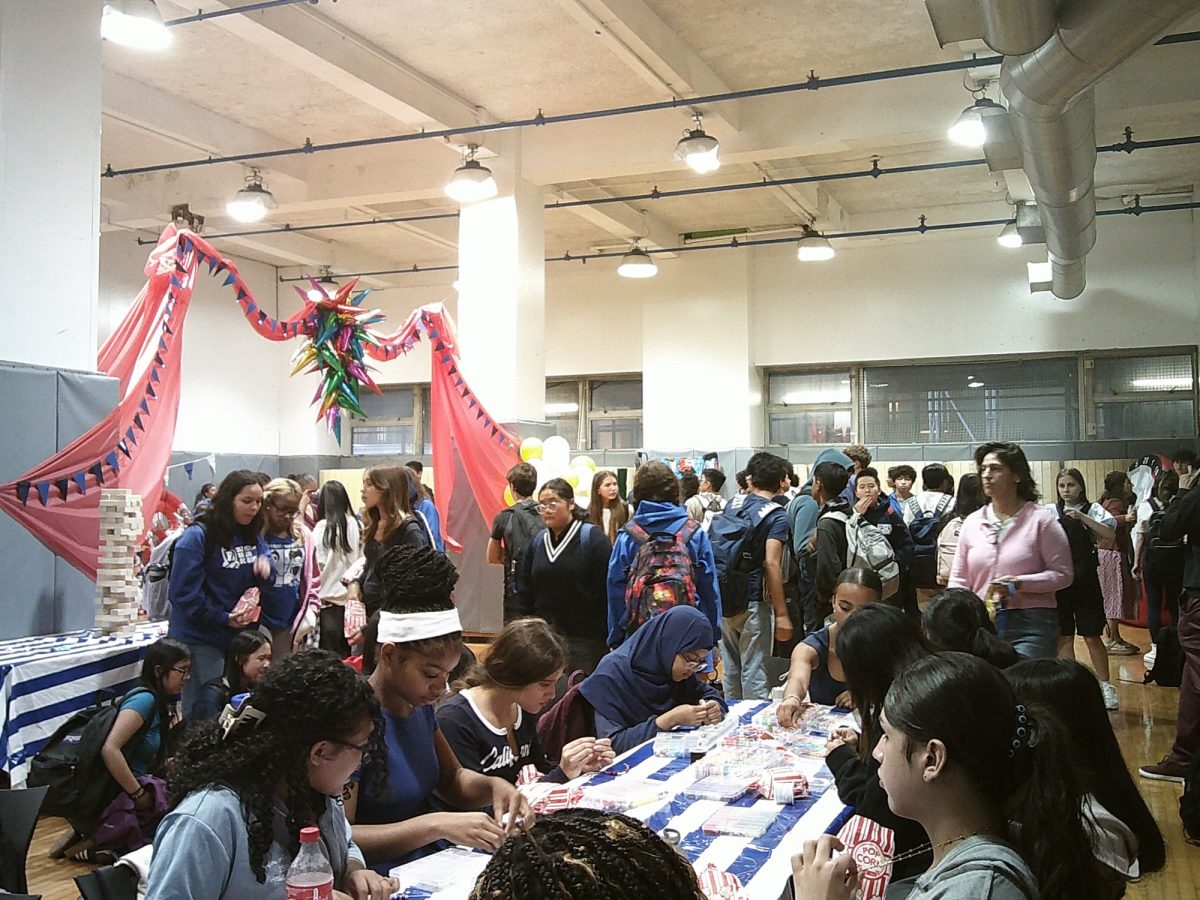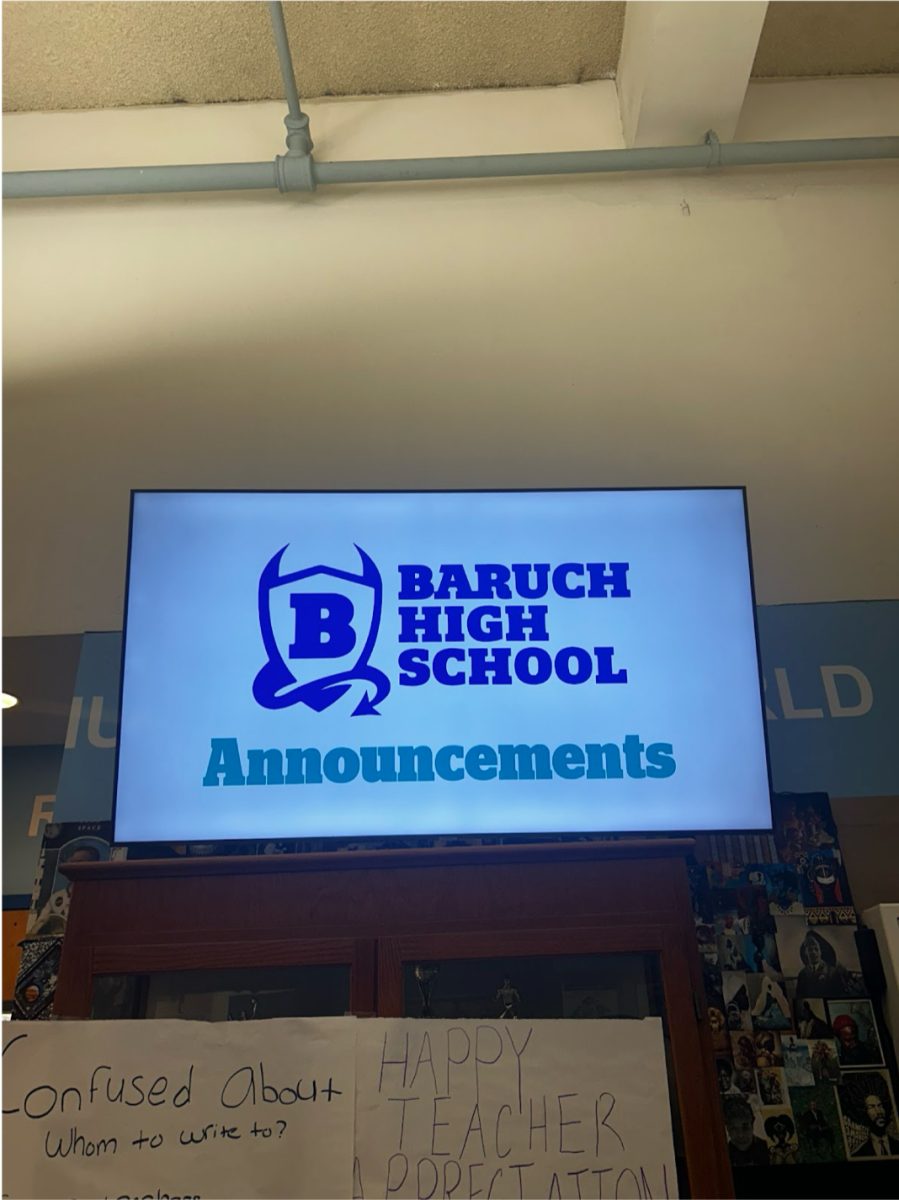For the first time in Baruch’s history students are forced to put their phones down.
On August sixth, 2025, Principal Perez-Katz sent out an email to all Baruch students and parents regarding the New York State wide cellphone ban.
In this email Perez-Katz said, “We will be using a phone pouch system, which will secure student phones during the school day. Students also must secure any internet-enabled device.”
Although this isn’t a Baruch initiative but rather a state one, it remains controversial. As in the previous school years students were accustomed to having full autonomy over not only their cell phone usage but all of their devices.
This seemingly radical change is intended to change the way students participate and learn in school. In her email Perez-Katz said, “…learning and social behavior improve drastically when students are fully engaged with their teachers and classmates.”
In fact, a recent study found that 97% of students between the ages of eleven to seventeen use their phone throughout the school day and often switch between using their phone and doing their academic tasks.
Coupled with the rising diminishment of student attention spans, the need is evident. But what do the students think? Is this helpful or a hindrance?
Some students are critical of the ban while others admit it might just help them focus.
Sophomore, Tusli Patel, said, “I think there are some benefits but also some downsides. It would help students focus a lot, but I feel like we’re spending money on Yondr pouches when we could put that money more to use on other things.”
This raises the question of whether or not the Yondr pouches themselves are effective. Could it be that students would benefit more from choosing to not use their phones as opposed to being forced to?
Some students see the pouches as an opportunity to foster a sense of responsibility, while others note there are both benefits and drawbacks.
Senior, Eliza Gannon, said, “I think it’s beneficial because students should be able to be responsible for focusing and staying on task.”
Student Body President, Ameila Bose, said, “I think it will help people be more focused in class, but the negatives are that people can’t reach their parents and people can’t find their friends in the building.
As a result of the new school policy, two new aids have been introduced to Baruch: Khamoi Ford and Tamia Cate.
When asked whether or not the Yondr system will benefit students Khaomi Ford said,“I think that it’s more efficient because it keeps a structure going for the students at the same time it may add some problems with entering and exiting the school when there is a lot of people at the lobby at once.”
Taima Cate said, “I am all for it. I did this at another high school and it wasn’t as accepted as it is here, but here I feel like the kids are ready for a change–put the phones down and learn. Let’s get out of here and do what we have to do.”
When asked if she were a student would she be opposed, Ford said, “I would definitely be opposed to it because I feel that the phones would be helpful in class like for notetaking. The Yondr pouches help with more in person communication and connections being built so that’s a positive.”
Cate said, “I am all for it–its a distraction.”
Student sentiments may vary but, as the policy takes effect only with time will it be determined whether or not the Yondr pouch system encourages students to reconnect or simply just force obedience.
“Doesn’t mean I like it, but I understand the benefit,” said Bose.












